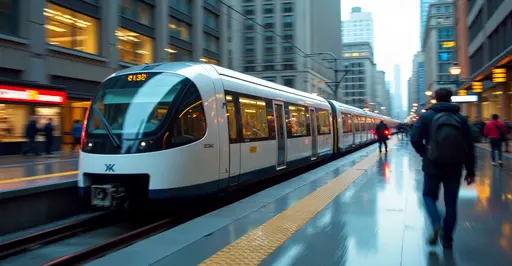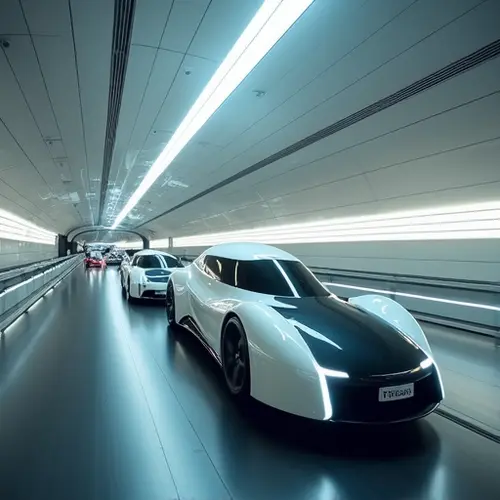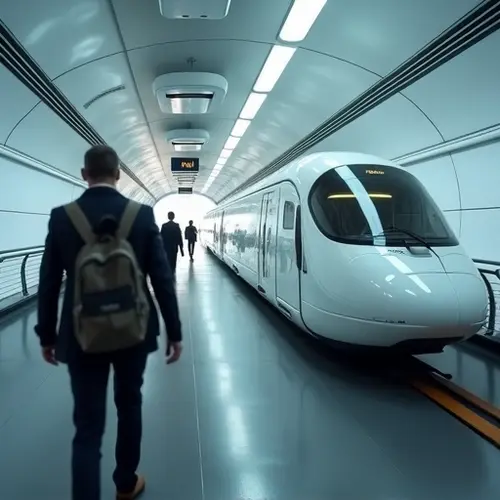Italy Breaks Ground on Hyperloop Prototype
A major milestone in futuristic transportation has been reached as construction begins on a 10-kilometer Hyperloop test track near Venice, Italy. The project, called Hyper Transfer, aims to validate the performance of high-speed passenger capsules traveling through low-pressure tubes.
Revolutionizing Regional Travel
Backed by US-based HyperloopTT and an international consortium including Italy's FS Group and WeBuild, the prototype will test pods designed to travel at speeds exceeding 600 km/h (373 mph). This technology could eventually connect Padua to Venice in minutes rather than the current 30-minute train journey.
Technical Innovation
The system uses magnetic levitation technology within near-vacuum tubes to eliminate air resistance. During testing, capsules will accelerate gradually using linear electric motors while riding on air bearings. The Venice prototype follows SpaceX's student competitions where pods reached 463 km/h (288 mph) in 2019.
Overcoming Challenges
This project comes after Hyperloop One's bankruptcy in 2023, showing renewed commitment to the technology. Veneto Region President Luca Zaia announced the construction phase at Munich's Transport Logistic 2025 fair, calling it "the future running along a tube." The track will be built above ground on columns to avoid tunneling complexities.
If successful, Hyperloop could transform regional travel with:
- Weather-immunity
- 24-hour operations
- Energy efficiency
- Potential hypersonic speeds in future iterations

 Nederlands
Nederlands
 English
English
 Deutsch
Deutsch
 Français
Français
 Español
Español
 Português
Português










